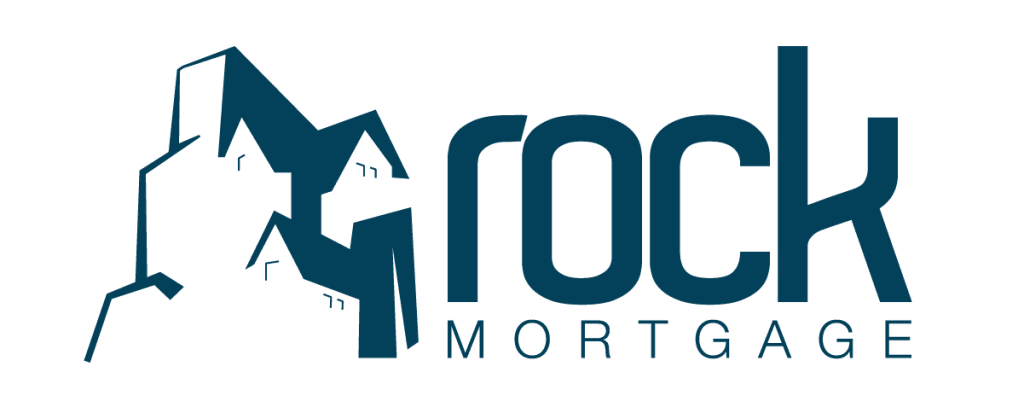Mortgages have been around since the late 1800s and they were primarily made by your local banker; the vast majority of these loans were 1–5-year terms with 50% down and your rate was rarely fixed. That all changed in 1934 when the government got involved and created the FHA (federal housing administration), after the great depression the government wanted to establish some minimum standards and requirements to ensure the banks that they were now federally insuring (FDIC) were making a good decision with their clients’ money. This is about the time that they lowered the down payment requirement to 10- 20% , this still left a vast majority of our citizens renting.
 In 1957 “The Mortgage Guaranty Insurance Company” was formed and so we see the advent of PMI which stands for private mortgage insurance, FHA came up with their version a few years later and they call theirs MIP (mortgage insurance premium), it basically works the same way. The insurance company would give the bank coverage for the first 20% of the loss and in exchange, the client would pay monthly premiums that would be added to their payment and paid monthly by the bank to the insurance company. If the loan is conventional and you’re putting less than 20% you’ll be required to pay PMI, If you have an FHA loan (Government-backed) you’ll have to pay MIP.
In 1957 “The Mortgage Guaranty Insurance Company” was formed and so we see the advent of PMI which stands for private mortgage insurance, FHA came up with their version a few years later and they call theirs MIP (mortgage insurance premium), it basically works the same way. The insurance company would give the bank coverage for the first 20% of the loss and in exchange, the client would pay monthly premiums that would be added to their payment and paid monthly by the bank to the insurance company. If the loan is conventional and you’re putting less than 20% you’ll be required to pay PMI, If you have an FHA loan (Government-backed) you’ll have to pay MIP.
 What is PMI/MIP? | Rock Mortgage — Houston, Texas
What is PMI/MIP? | Rock Mortgage — Houston, Texas
 In 1957 “The Mortgage Guaranty Insurance Company” was formed and so we see the advent of PMI which stands for private mortgage insurance, FHA came up with their version a few years later and they call theirs MIP (mortgage insurance premium), it basically works the same way. The insurance company would give the bank coverage for the first 20% of the loss and in exchange, the client would pay monthly premiums that would be added to their payment and paid monthly by the bank to the insurance company. If the loan is conventional and you’re putting less than 20% you’ll be required to pay PMI, If you have an FHA loan (Government-backed) you’ll have to pay MIP.
In 1957 “The Mortgage Guaranty Insurance Company” was formed and so we see the advent of PMI which stands for private mortgage insurance, FHA came up with their version a few years later and they call theirs MIP (mortgage insurance premium), it basically works the same way. The insurance company would give the bank coverage for the first 20% of the loss and in exchange, the client would pay monthly premiums that would be added to their payment and paid monthly by the bank to the insurance company. If the loan is conventional and you’re putting less than 20% you’ll be required to pay PMI, If you have an FHA loan (Government-backed) you’ll have to pay MIP.
Conventional Loans: PMI (Private Mortgage Insurance)
The PMI that we have today is much more sophisticated and for the most part more affordable than the days of old. Now they base your monthly premium on the following items:- Sales price
- Loan Amount
- % down
- Credit Score
- Debt to income ratio
- Number of borrowers
Cancellation: PMI (Private Mortgage Insurance)
You are required to maintain PMI insurance until one of the following items occur:- Your loan balance is paid down to 78% of the original sales price (Typically 5-7 years depending on your initial down payment %)
- You have completed ½ of your required term (you’ve completed 15 yrs. of your 30 yr. mortgage.
- When you can prove you have 20% equity, this normally requires an appraisal or a broker opinion letter that states your current value is equal to or greater than the amount required to prove you have 20% equity.

FHA Loans: – MIP (Mortgage Insurance Premium)
FHA does not use credit score or debt ratio to determine their MIP cost, the only thing that impacts FHA’s MIP is equity. FHA has two premiums that are solely based on down payment %.- 3.5% – 4.99% down
- 5% or greater down (if you put 10% or more down, please see added benefit explained below)
Cancellation: MIP (Mortgage Insurance Premium)
- 3.50% – 9.99% down – The MIP is not cancellable; you’ll have this added expense for the remainder of your term.
- 10% down – Your MIP will be automatically canceled once you have completed 120 payments (the MIP is for a 10-year term).


